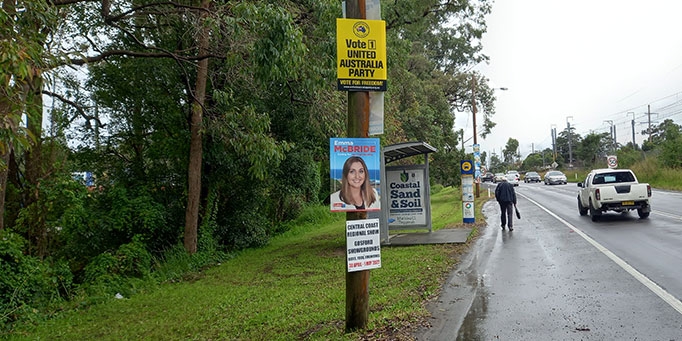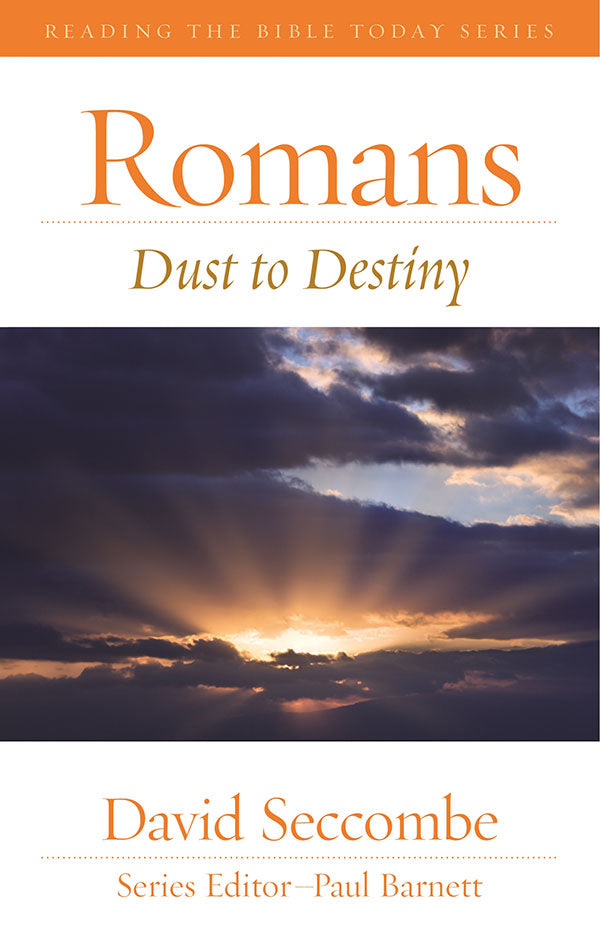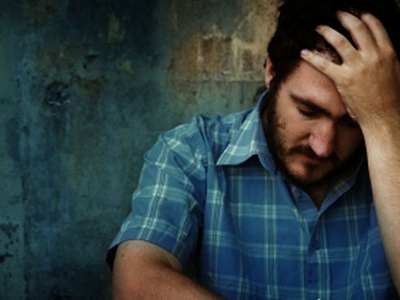
Mum, who are those faces on the telegraph pole?
Talking with kids about elections.
There’s no escaping the fact that an election is coming. This provides a great opportunity to talk with our kids about how our democracy works. Here’s how you could answer your kids’ questions.
Who is the government?
The ‘government’ is a group of ordinary people who have the responsibility of leading our country. They make laws to help us live together in peace and safety, and they help and provide for people in different ways.
In Australia there are three levels of government: the local government looks after local concerns, like garbage collection and playgrounds; the state government manages bigger things like schools and hospitals; and the federal government looks after things that affect the whole country, like protecting Australia and representing us to the rest of the world. It also looks after ‘welfare’, which means giving money and services to help people in need.
The Bible says that we should respect our governments because they are ‘God’s servant for your good’, with authority from him to reward good and punish evil (Romans 13:1-7).
Is the government rich?
In Australia, most of the money that the government has comes from collecting ‘tax’. That is when we give a bit of the money we earn to the government so that it can do its job. It is the federal government that collects most of our tax money and decides how to spend it.
The Bible encourages us to pay the taxes we owe to the government, because it is being used to serve us (Romans 13:6–7).
Can the government do whatever it likes?
No. In Australia, we have a ‘Parliament’—a place where representatives from every part of Australia come together to talk and make decisions. The government is only made up of the representatives from one party or ‘team’—the one which has the most number of people in the Parliament. There are different ‘teams', which tend to use different colours on their posters: the red team, the blue team, the green team … and some newer teams like the orange and yellow ones. Each team has different ideas about the best way to run our country, relate to other countries and help people in need.
In the Parliament, the representatives from different teams discuss and debate the laws that the government wants to make or change. A law can only be passed if most people in the Parliament agree to it.
What is an election?
An election is when adults get to vote on who will represent their area (called an ‘electorate’) in the Parliament. It happens every three or four years. On election day, every adult goes to a ‘polling place’ (usually a school or church) where they receive a piece of paper which has a list of names on it—the people who want to represent their electorate in Parliament (called the ‘candidates’). Those are the people whose faces you see on the telegraph poles. Most of these people belong to a party or ‘team’ that wants to form a government together.
Every voter has to write the number 1 next to the person that they would most like to represent them in Parliament, followed by a number 2 next to their second choice, a 3 next to their third choice and so on.
After the election, the votes are counted to see who got the most number 1s. If no-one gets more than half of the votes, the number 2s are added on, then the number 3s and so on until there is a winner in every electorate. The winner will be called the ‘Member of Parliament’ (or MP) for that area. When all of the Members of Parliament have been elected, the ‘team’ that has the most people voted in becomes the government.
Which person or team are you voting for?
It’s important to find out about the candidates and what they and their ‘team’ believe is the best way to run Australia, interact with other countries and help people in need.
These are some of the questions that Christians might ask about the candidates and their ‘team’ or party:
- Do they respect people’s freedom to believe what the Bible teaches, live out their faith and meet together with other Christians without government interference?
- Do they respect the rights of parents to teach their children Christian beliefs and values?
- Do they plan to encourage people to work or start a business so that they can provide for themselves and their family?
- Do they plan to care for those who can’t work or need help, like the poor, the elderly, the disabled and refugees from other countries?
- Do they plan to strengthen our schools and hospitals?
- Do they believe that all lives are worth protecting, especially the very young and the very old?
- Do they think it’s important to have a strong defence force to protect Australia against other countries?
- Do they think it’s important to share our wealth with poorer countries?
- Do they want to protect the creation that God has given us to care for?
Do we always have to obey the government?
The Bible encourages us to respect and obey the government, but not if that stops us from obeying God. There are examples of this in the Bible: Daniel disobeyed a law which said he wasn’t allowed to pray to God (Daniel 6); the apostles Peter and John disobeyed a rule that said they had to stop telling people about Jesus (Acts 4:18–20). If we have to choose between obeying God and obeying the laws of our country, then it’s better to obey God, even if it gets us in trouble, like it did for Daniel, Peter and John.
The government cannot take the place of God. And it cannot take the place of parents either. God created families to protect and look after each other. Parents, not the government, have the responsibility of caring for and teaching children as they grow up.
If we have concerns about the laws that the government is making, we can talk or write to our local Member of Parliament. After all, they are there to represent and serve us. If you have some good ideas for the future of Australia, you might become an MP yourself one day!
And we should always keep praying for our leaders, as Paul wrote:
‘I urge, then, first of all, that petitions, prayers, intercession and thanksgiving be made for all people—for kings and all those in authority, that we may live peaceful and quiet lives in all godliness and holiness.’ (1 Timothy 2:1–2)
Whatever happens …
No matter which ‘face’ becomes our Member of Parliament or which ‘team’ forms the next government, God will still be in charge. We will do our best to respect the government and pay our taxes, but always honouring God above all. We will keep living for him and telling others about Jesus, whatever the laws of Australia might say.
We can pray together this prayer (from A Prayer Book for Australia, Broughton Books, Sydney, p. 203):
God, bless Australia,
guard our people
guide our leaders
and give us peace;
for Jesus Christ’s sake. Amen.
---
Harriet Connor is the Content Editor for Growing Faith and the author of Families in God's Plan: 12 Foundational Bible Studies and Big Picture Parents: Ancient Wisdom for Modern Life (Wipf and Stock, 2017). She lives on the Central Coast of NSW with her husband and four sons.

Romans - Dust to Destiny
Dr David Seccombe shows how the letter to the Romans invites ordinary people to come into friendship with an extraordinary God and experience the quality of life for which we were created.
For more articles from Growing Faith, subscribe to our monthly e-newsletter.
To hear about the latest books and resources from Youthworks Media, subscribe here.








